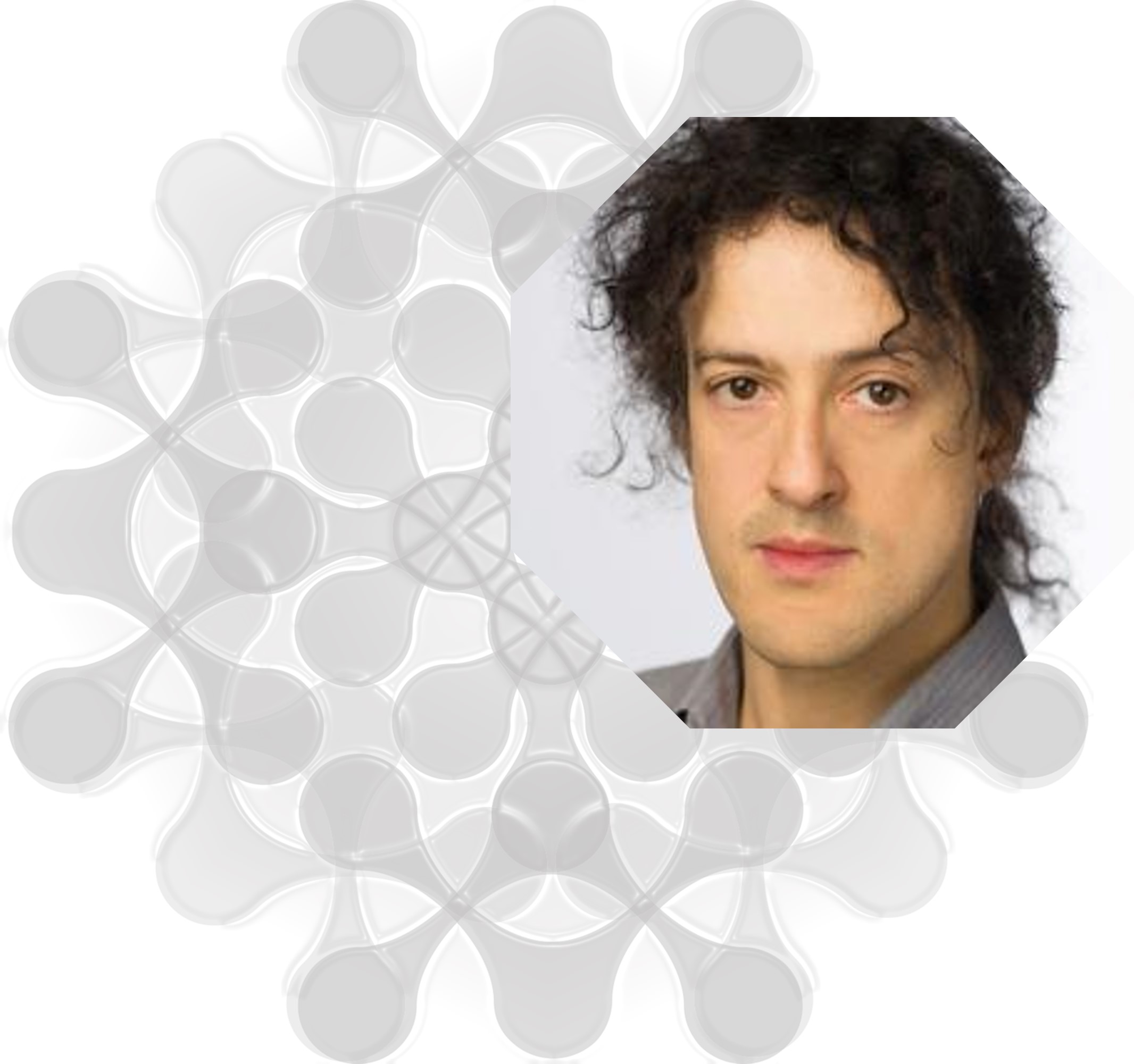
Ethics in AI Lunchtime Research Seminar, Wednesday 17th January @ 12:30pm (GMT) with Professor Philip Torr (University of Oxford)
Abstract: This lunchtime seminar is an introduction to Professor Phil Torr’s work into cutting edge computer vision and AI technology. Phil is Professor of Engineering Science at the University of Oxford and Distinguished Research Fellow at the Institute for Ethics in AI. He was appointed ‘Turing AI World Leading Research Fellow’ in 2021, researching how deep neural networks, a form of AI that is ever more ubiquitous in technologies such as autonomous vehicles and medical diagnosis, can be made more robust and less vulnerable to adversarial interference. He is the Group leader of the Torr Vision Group at the University of Oxford, with the aim to engage in state of the art research into the mathematical theory of computer vision and artificial intelligence, but to keep the mathematical research relevant to the needs of society. A particular emphasis of the group has been on real time understanding and reconstruction of the world around using mobile cameras, such as those on drones, intelligent glasses or other robots.
We will run each seminar in a hybrid format, allowing audiences to join in-person or online. Please register via the link below to reserve your space.
